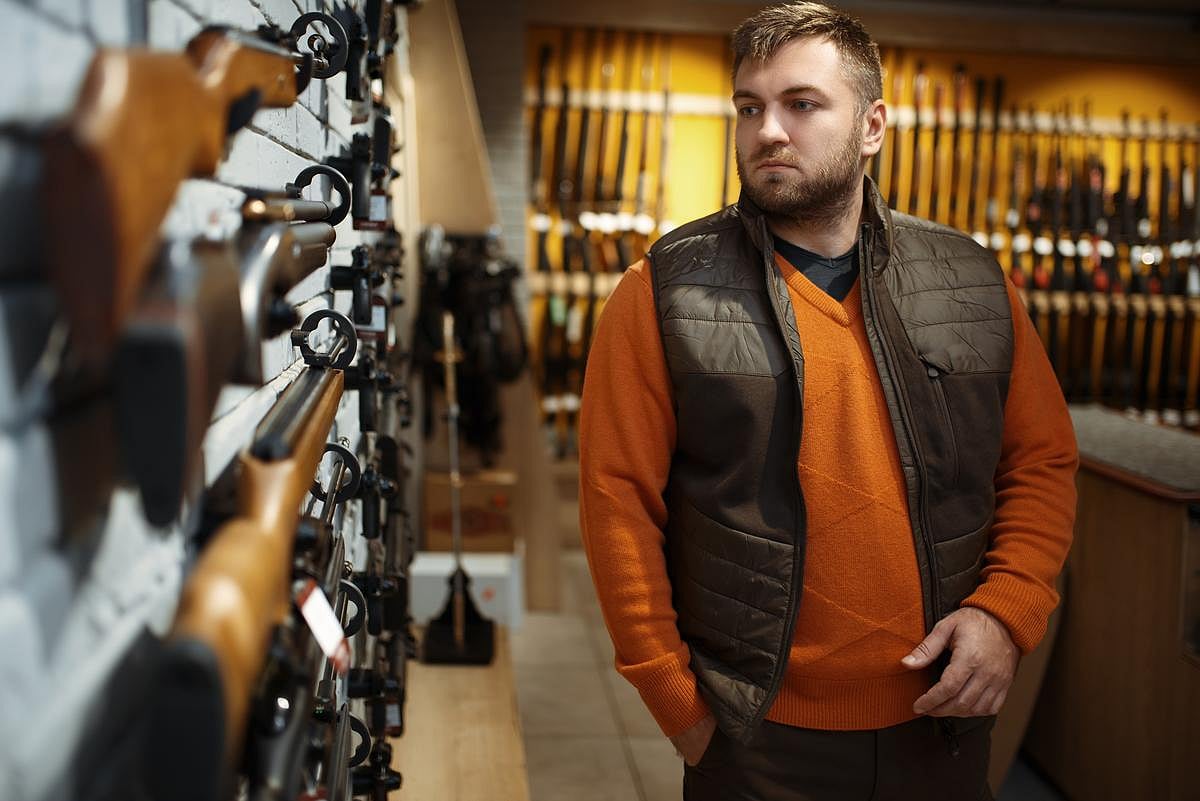Search Rx Local on your web browser or download Rx Local today on the App Store or Google Play
Get Healthy!

- Posted September 24, 2024
Federal Assault Weapons Ban Could Have Stopped 38 Mass Shootings Since 2005
The Federal Assault Weapons Ban (FAWB) would have prevented as many as 38 mass shootings that have taken place since the law lapsed in 2005, a new study estimates.
Enacted by Congress in 1994, the ban prohibited the sale and manufacture of certain military-style semiautomatic weapons in the United States – including notoriously deadly weapons like AK-47s, AR-15s, TEC-9s and “Street Sweeper” shotguns with high-capacity revolving cylinders.
There have been multiple attempts to renew the ban, but none have succeeded.
While the ban was in place, would-be mass shooters denied access to an assault weapon did not turn to other types of firearms to carry out a massacre, researchers found.
“These results suggest that the FAWB discouraged potential perpetrators from committing a mass shooting with an assault weapon, and, furthermore, that these potential perpetrators did not simply carry out attacks with other types of weapons,” said lead researcher Alexander Lundberg, an assistant professor of emergency medicine at Northwestern University School of Medicine, in Chicago.
For the study, researchers looked for events in which at least four people were killed by a firearm. A total of 184 such mass shootings have occurred between 1966 and 2022.
The researchers then looked at trends before, during and after the assault weapon ban, to estimate the number of mass shootings that relied on such firearms.
While it was active, the assault weapon ban prevented up to five public mass shootings, researchers said. A total of 34 mass shootings occurred while the ban was in place between 1995 and 2004.
“During the FAWB, we found a downward trend in mass shootings where a perpetrator did bring an assault weapon,” Lundberg said in a university news release. “However, we found no difference in trends for mass shootings where the perpetrator did not bring an assault weapon.”
If it had been renewed by Congress, the ban could have prevented up to 38 out of 95 mass shootings that took place between 2005 and 2022, results show. In those instances, the shooter would have been denied access to a previously prohibited assault weapon or expanded ammo magazine.
The new study was published recently in the journal JMIR Public Health and Surveillance.
“We won’t be able to stop all mass shootings -- especially those committed by a jilted husband or a fired employee who reacts and kills people they know with whatever gun they have,” said senior researcher Lori Post, director of the Institute for Public Health and Medicine at Northwestern.
“However, a ban on assault weapons and large-capacity magazines would surely thwart mass shootings committed by those mass killers who spend weeks to months planning a mass shooting or those who want to be famous and have fantasies, such as dressing up in a pseudo-commando costume, which includes an assault rifle,” Post added.
“Most Americans, despite political affiliation, believe in responsible gun ownership,” Post added. “We need to prevent mass shooter wannabes from obtaining assault rifles -- because many need an assault rifle to carry out the mass shooting.”
More information
The U.S. Department of Justice has more about mass shootings in the United States.
SOURCE: Northwestern University, news release, Sept. 20, 2024










